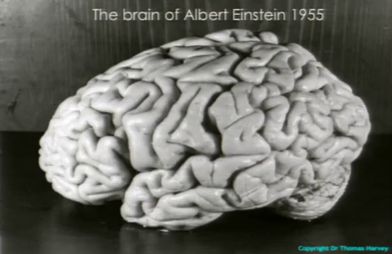SergiusPaulus
Active Member
- Messages
- 597
Can knowledge be obtained through touch versus through learning? We typically learn through watching a training video or listening to an instructor for a length of time. Hearing is a sense. Seeing is a sense. But what about the sense of touch. Touch tells us basic things like temperature is it hot or cold. Touch also is used with Braille for the blind.
But is there a way for us to obtain a 2 year or 4 year degree or the contents of a book in a short span of time without learning it?
It’s a science fiction thought. Can we develop an interface where knowledge is passed to an individual besides seeing and hearing the source of knowledge?
If the interface deals with touch I would think a Braille instructor would be a good advisor to teach how to learn via touch sensations. But even beyond touch, how can we speed up a learning process?
Once a blind person becomes proficient in braille how does their pace of learning or reading compare to the pace of a person who reads with their eyes?
But again how do we speed up the pace of learning? Perhaps technologically thru some science fiction method. “Knowledge in a pill” or an interface that you put your hand on and it transmits knowledge rapidly thru touch. Knowledge is not the challenge. Obtaining it is. How does our brain store knowledge?
AI like ChatGPT is quick to display knowledge. But how can we retain it quickly, perhaps without having to read it visually. Evolution of Learning.
But is there a way for us to obtain a 2 year or 4 year degree or the contents of a book in a short span of time without learning it?
It’s a science fiction thought. Can we develop an interface where knowledge is passed to an individual besides seeing and hearing the source of knowledge?
If the interface deals with touch I would think a Braille instructor would be a good advisor to teach how to learn via touch sensations. But even beyond touch, how can we speed up a learning process?
Once a blind person becomes proficient in braille how does their pace of learning or reading compare to the pace of a person who reads with their eyes?
But again how do we speed up the pace of learning? Perhaps technologically thru some science fiction method. “Knowledge in a pill” or an interface that you put your hand on and it transmits knowledge rapidly thru touch. Knowledge is not the challenge. Obtaining it is. How does our brain store knowledge?
AI like ChatGPT is quick to display knowledge. But how can we retain it quickly, perhaps without having to read it visually. Evolution of Learning.

